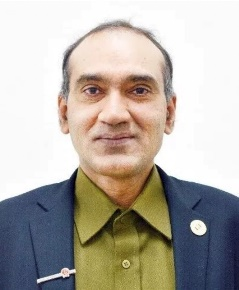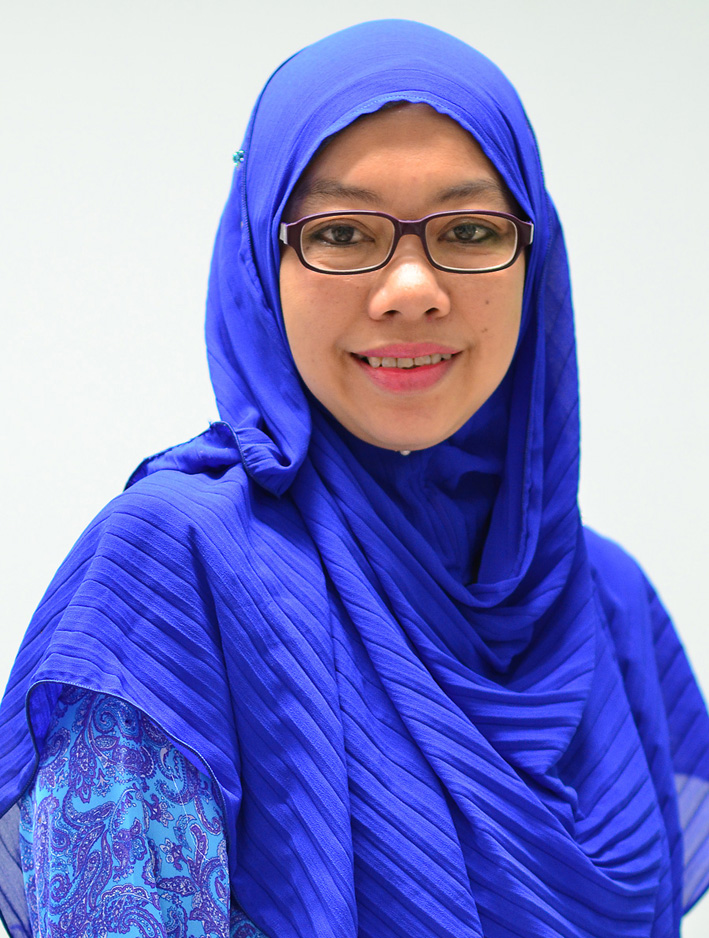

Keynote Speakers

Prof. Devinder Yadav
University of Nottingham Ningbo, China
Research Area: Airworthiness engineering, aircraft certification, aircraft systems, aerospace regulatory framework, aviation safety, aircraft personnel licensing, aircraft maintenance, aviation management and project management.
Experience: Devinder is an Australian national and he has extensive experience in aerospace industry and academia. He has held a variety of responsible leadership, management, and academic positions in large international airlines, aircraft manufacturers, and universities. In addition to the academic qualifications, he also holds an Aircraft Engineer License with several ratings starting from Cessna 152 to wide-body Airbus & Boeing 747-400 aircraft, and a Pilot License. Furthermore, he holds a range of other aviation professional qualifications in the field of aviation management, auditing (quality & safety), human factors, dangerous goods, training the trainer, and accident/incident investigation.
Speech Title: Managing teaching and learning in engineering: An assessment and student focused approach
Abstract: Young people are losing interest in higher education and universities. Student engagement therefore has become a challenge for academics teaching at universities. It seems that higher education institutions are not meeting the contemporary requirements of industries and society as a whole. This implies that there is a gap exists between the institutions’ education delivery and the stakeholders’ expectations. This lecture highlights few issues of teaching & learning in higher education and suggests possible strategies to address the problems. A new approach for university-student relationship is also introduced in this lecture.

A. Prof. CHEW FONG PENG
Faculty of Education, University of Malaya (UM), Malaysia
Research Area: Malay Language Education, Malay Literature Education, Chinese Language Education, Education and Integration
Experience: Associate Professor Dr. Chew Fong Peng is a lecturer at the Faculty of Education, University of Malaya (UM), Malaysia, teaching Malay language education and early childhood education program. She has been presented approximately 170 working papers international and international seminars and conferences in Malaysia and foreign countries, published 9 books, 116 articles published in journals, 70 papers in conference proceedings, 39 chapters in books, 21 translated books including creative writings, 12 edited books, and edited creative writings. She is the book editor of Taylor & Francis, editor for Malaysian Year 4, 5 and 6 History textbooks and Year 1 Arts and Music Education textbooks. Assoc. Prof. Dr. Chew has completed 19 research projects which 8 of them were led by Chew. She won many medals in the academy and innovative expo, besides being listed in Marquis Who's Who in the World 2011, 2012, 2014, 2015, 2017, 2018, 2019, 2020. Chew is an article reviewer for some established international journals listed in Web of Science and Scopus such as Asia-Pacific Education Researcher, Asia Pacific Journal of Education, SAGE Open, Educational Research and Reviews (ERR), Pertanika: Journal of Social Sciences and Humanities, GEMA Online etc. Associate Professor Dr. Chew is also a member of the editorial board of 11 national and international journals including Journal of Contemporary Educational Research, Review of Educational Theory, GATR Global Journal for Business & Social Science Review, and Advisory of International Research and Development Center for Publication (IRDCP). She was invited as a visiting professor at the Peking University, China from October 2011 to June 2012.
Speech Title: Use of Virtual Learning Environment in Teaching Malay Language in National Secondary Schools
Abstract: There are too few studies that examine the adoption of the Virtual Learning Environment among secondary school teachers specifically among the Malay language teachers. Therefore, this speech attempts to elaborate the issue of using the Virtual Learning Environment by applying the Technology Acceptance Model (TAM), the Unified Theory of Acceptance and Use of Technology (UTAUT), the concept of teacher's faith in teaching and Elys’ Condition of Change Model. This study is a survey research using a questionnaire as the instrument of study. A total of 400 Malay Language teachers at national secondary schools in Selangor were randomly selected as respondents. Partial Least Squares-Structural Equation Modelling (PLS-SEM) has been used to identify the validity, reliability and analysis of structural data. The findings show that the Virtual Learning Environment is influenced by variables such as administrative support, perceived ease-of-use, technological skill, facility condition, teachers' belief towards teaching, attitude and adoption intention. A coefficient of determination (R2) of 81.6% in this study indicating that this model is a strong model to explain the variables include administrative support, facility condition, perceived usefulness, technological skill, teacher's beliefs towards teaching, attitude and behavioural perceived usefulness to adopt, will influence the adoption of the Virtual Learning Environment. In conclusion, the adoption model of the Virtual Learning Environment among Malay Language teachers is expected to contribute to the successful use of the Virtual Learning Environment in teaching the Malay language.

A. Prof. Azidah binti Abu Ziden
Universiti Sains Malaysia
Research Area: Instructional Design (e-learning), Multimedia & Creative Arts, ICT, Educational Technology, Mobile Learning, 21st Century Learning
Experience: AP Dr Azidah currently actively doing research on various topics on ICT in education, e-learning and mobile learning. such as Virtual Reality, Augmented reality, ICT competency standards for Malaysian teachers and conducting research Knowledge Transfer Program research in schools in Malaysia. She was also a team member for mobile learning research in USM. Dr Azidah conducted various training for teachers and students in schools throughout Malaysia and Asian countries to help enhance students’, teachers’ and educators’ ICT skills and introduce new approaches in using technology in schools, colleges and higher institutions. She is also interested in social media research for academic teaching and learning for higher institutions in particular in the use of microblogging and social learning platforms. Dr Azidah also actively involved in teaching and learning innovation using technology and has won various award related to teaching and learning nationally and internationally. She had been awarded as Malaysia Master Trainer in e-learning in 2015. She was the recipient of the prestigious Malaysia National Academic Award (Teaching Award) 2017. She had also been awarded a Gold Award for Best Blended Model (Blended) in LearnX Impact Award 2018 in Melbourne, Australia.
Speech Title: Revolutionalising Higher Education through Digitalization of Teaching and Learning: Way Forward
Abstract: A research was conducted to determine Malaysian Higher Education Institutions (HEIs) academics' preparation for digital teaching and learning, as well as elements that lead to satisfaction during the COVID-19 outbreak. This study used a quantitative survey methodology to assess the readiness of academics at Higher Education Institutions (HEIs) for online learning and the characteristics that lead to satisfaction during the COVID-19 pandemic. This quantitative analysis included 5579 academicians from Malaysia's public and private HEIs. Findings of this study revealed that lecturers require continual assistance from institutions to motivate them towards online teaching. The most significant element influencing online teaching and learning implementation satisfaction among academics was shown to be institutional commitment. It was also discovered that the variety of roles in online learning made teaching in online environments more difficult. This implies that the fast transition to online learning necessitates academic staff upskilling in order to undertake online teaching and learning. Lecturers also demand institutional assistance in the form of training and organisational policy in the shape of guidelines or manuals to assist them in conducting online teaching and learning. The study's findings showed that there is a need for HEIs to normalise and mainstream online learning by creating a supporting ecosystem to guide online learning for both on-campus and off-campus students.
